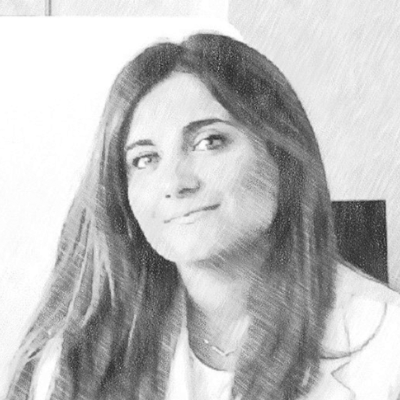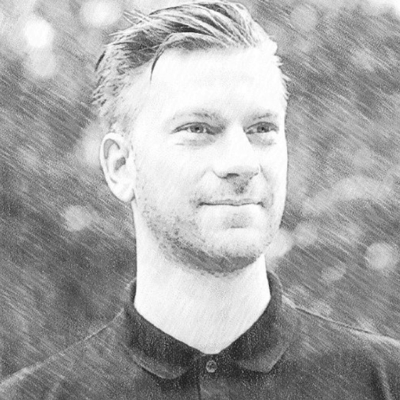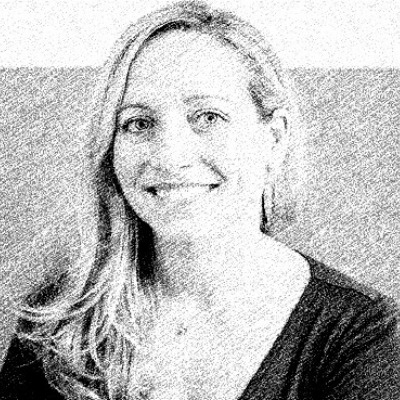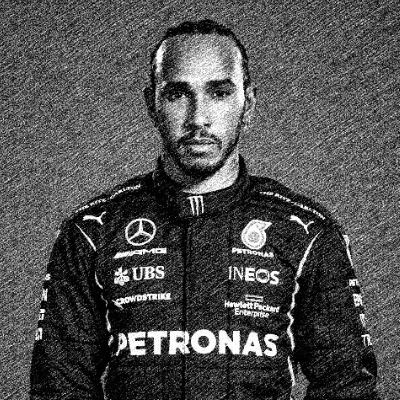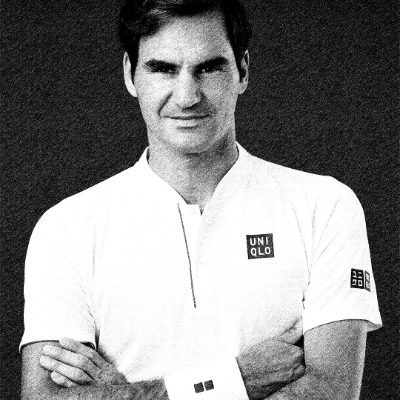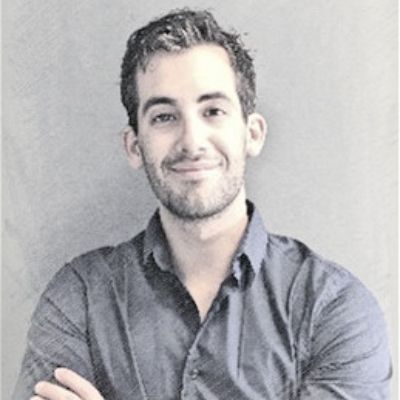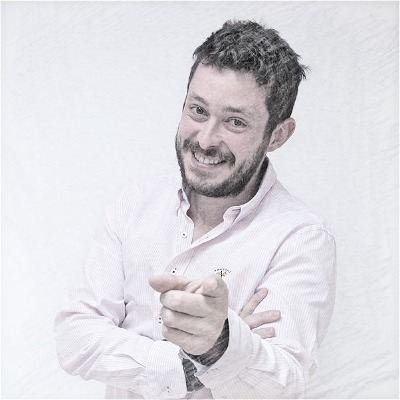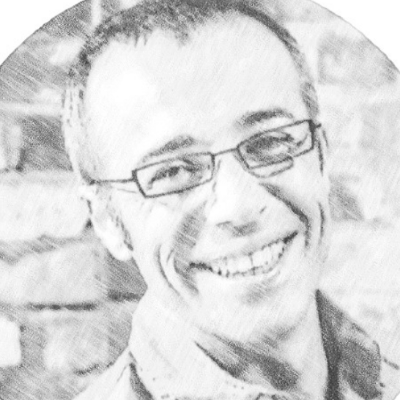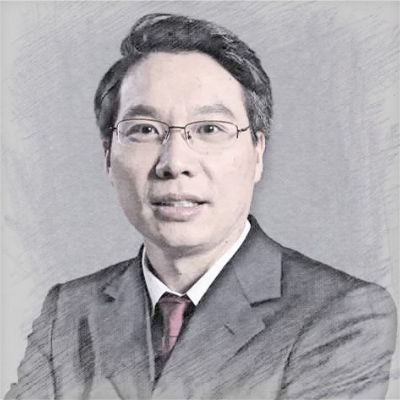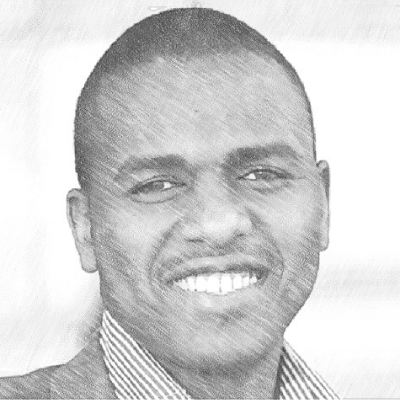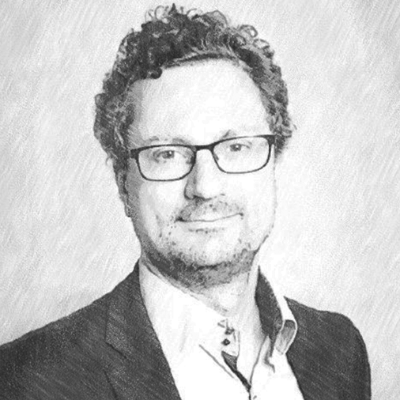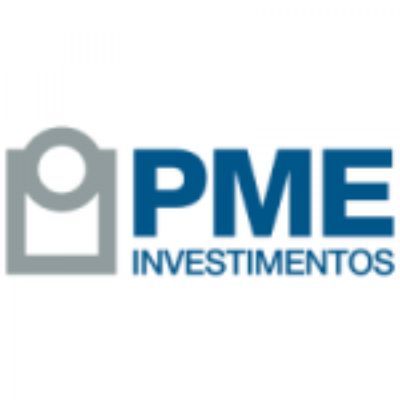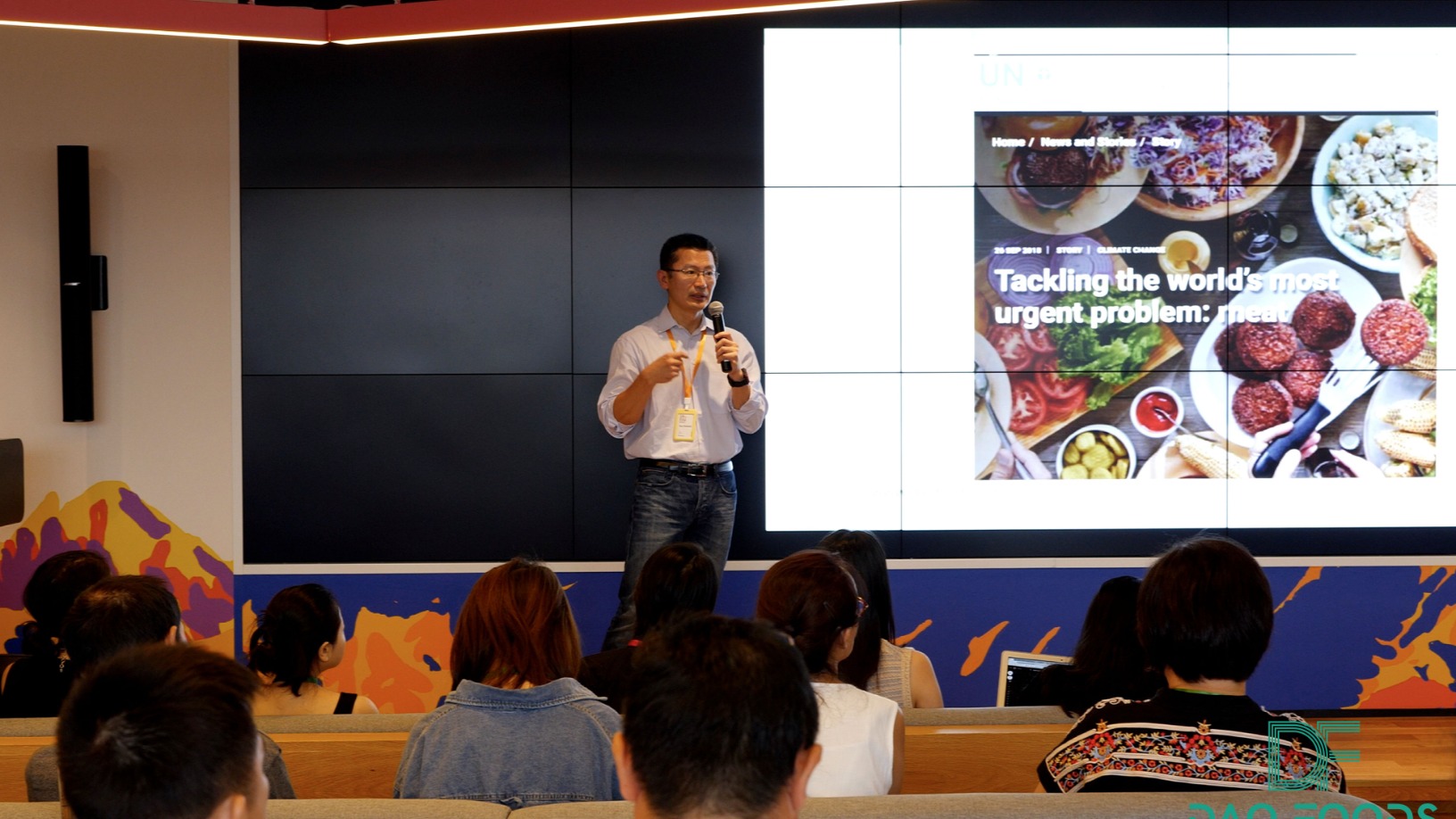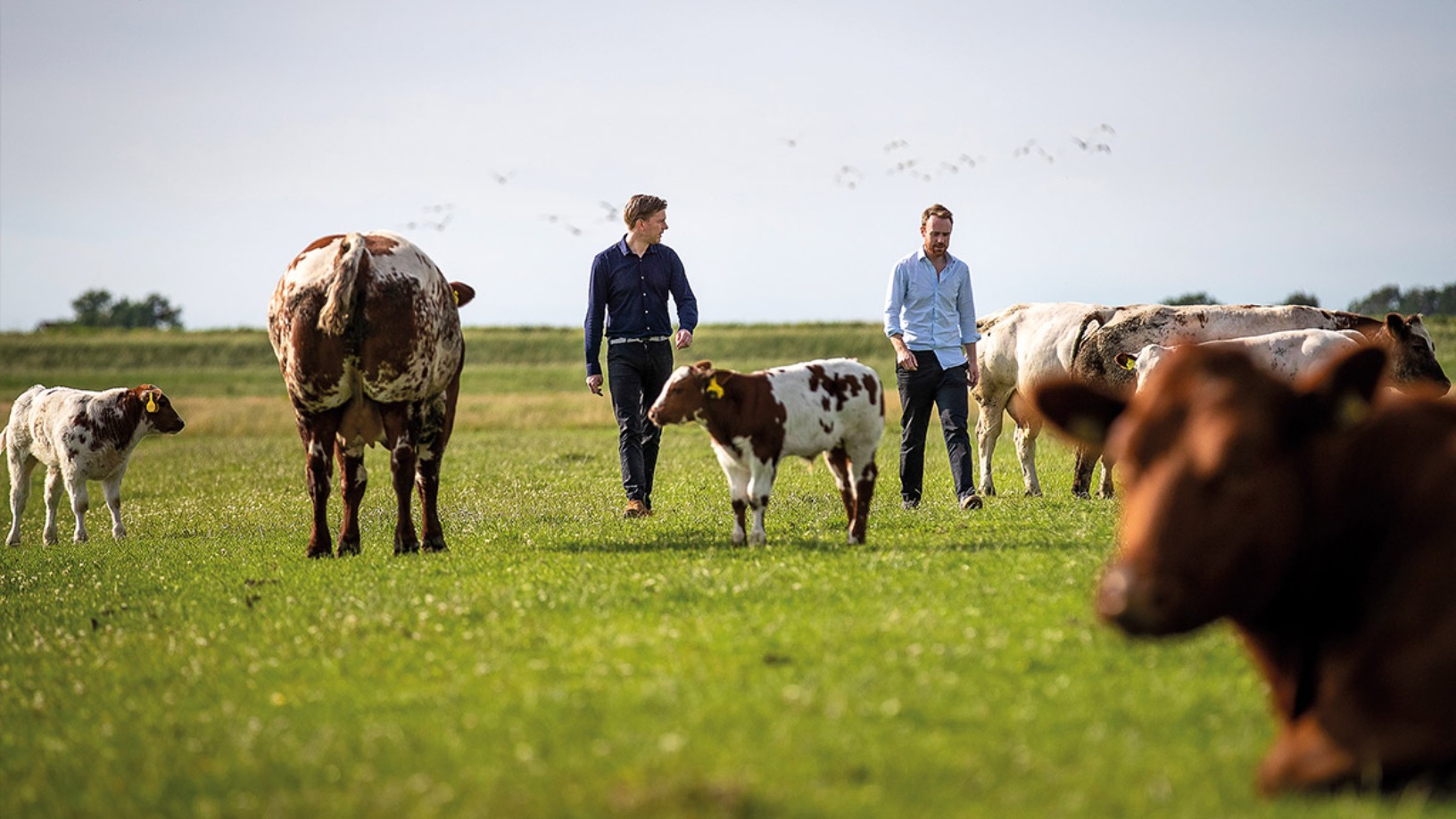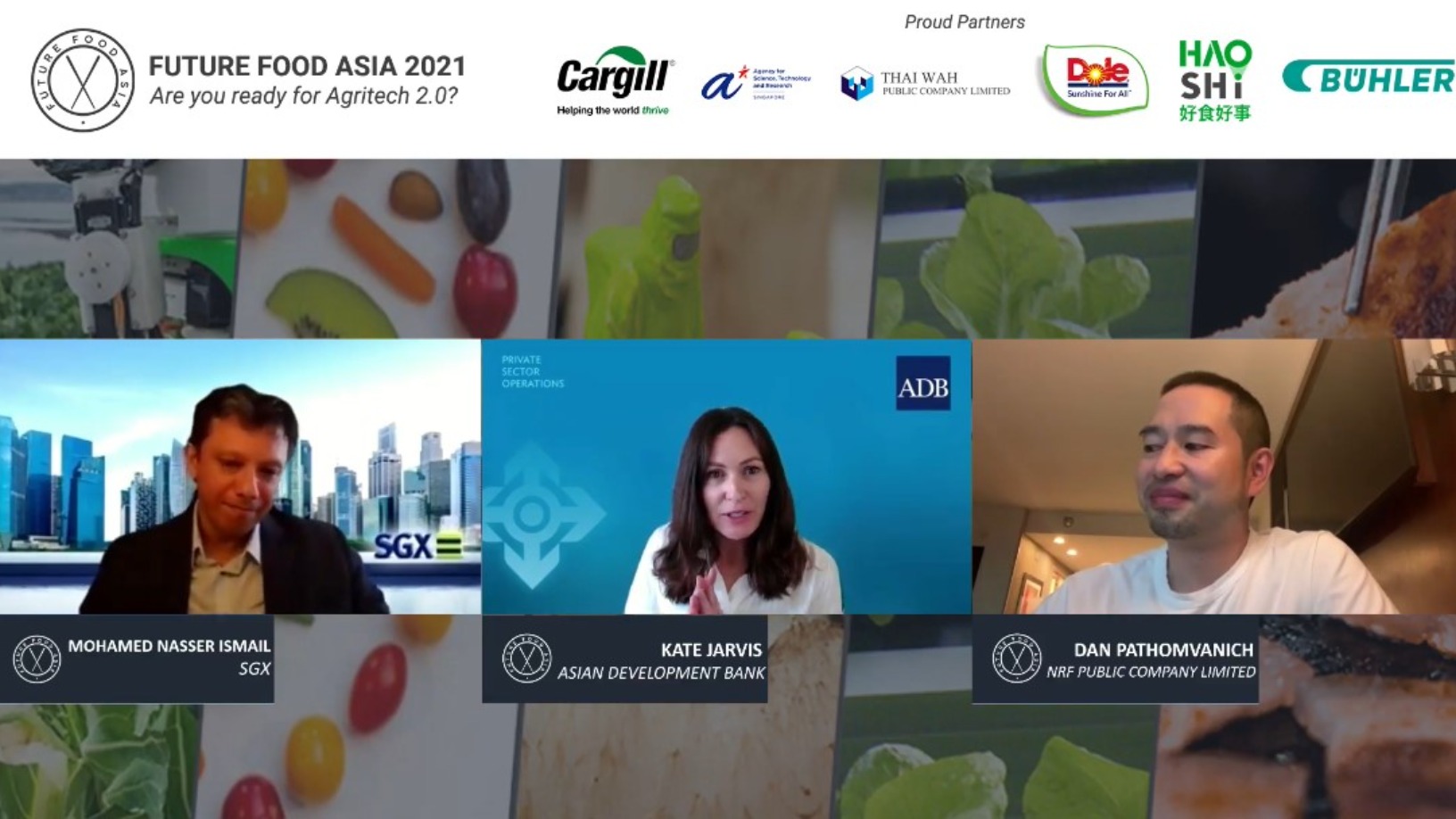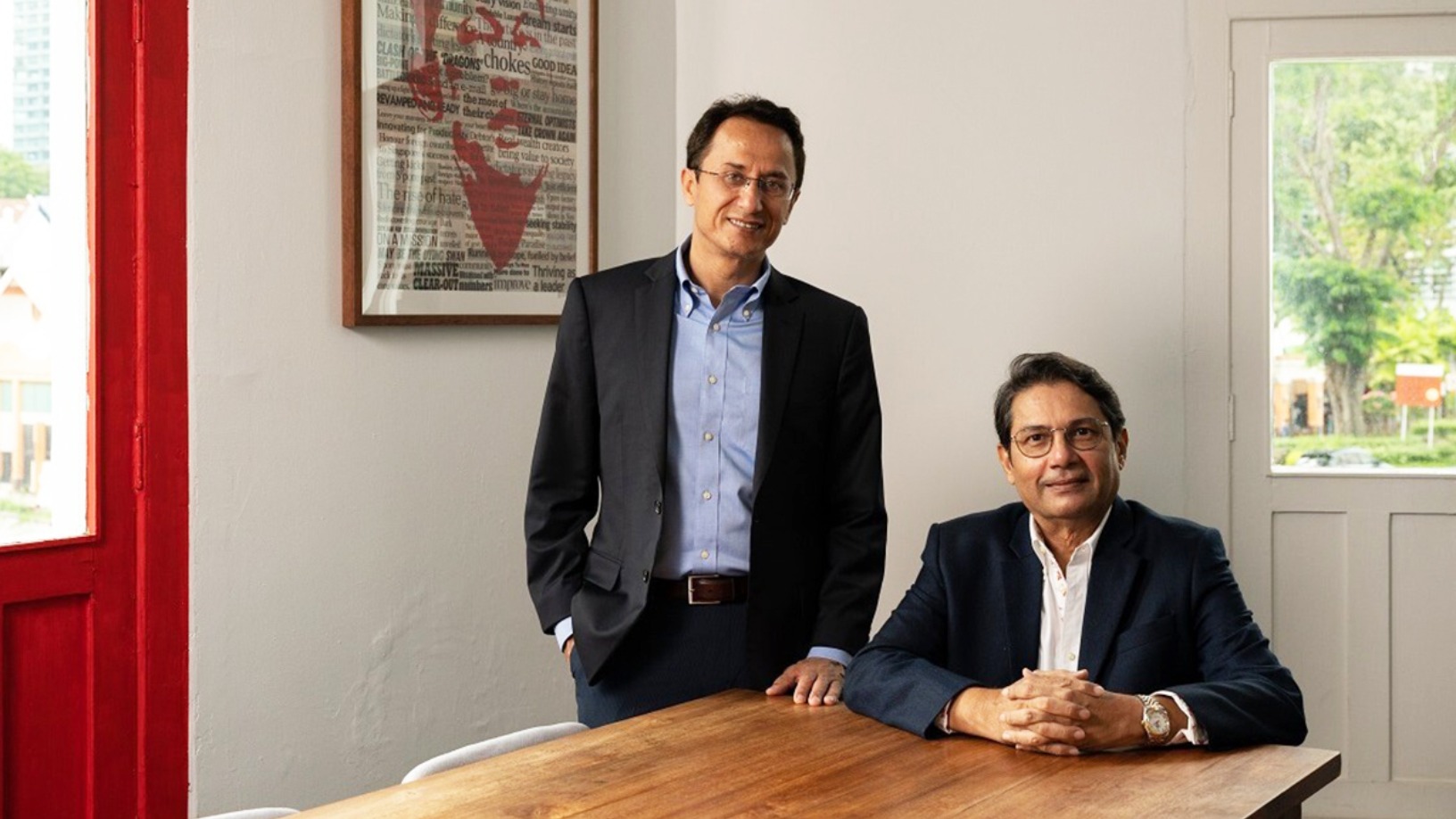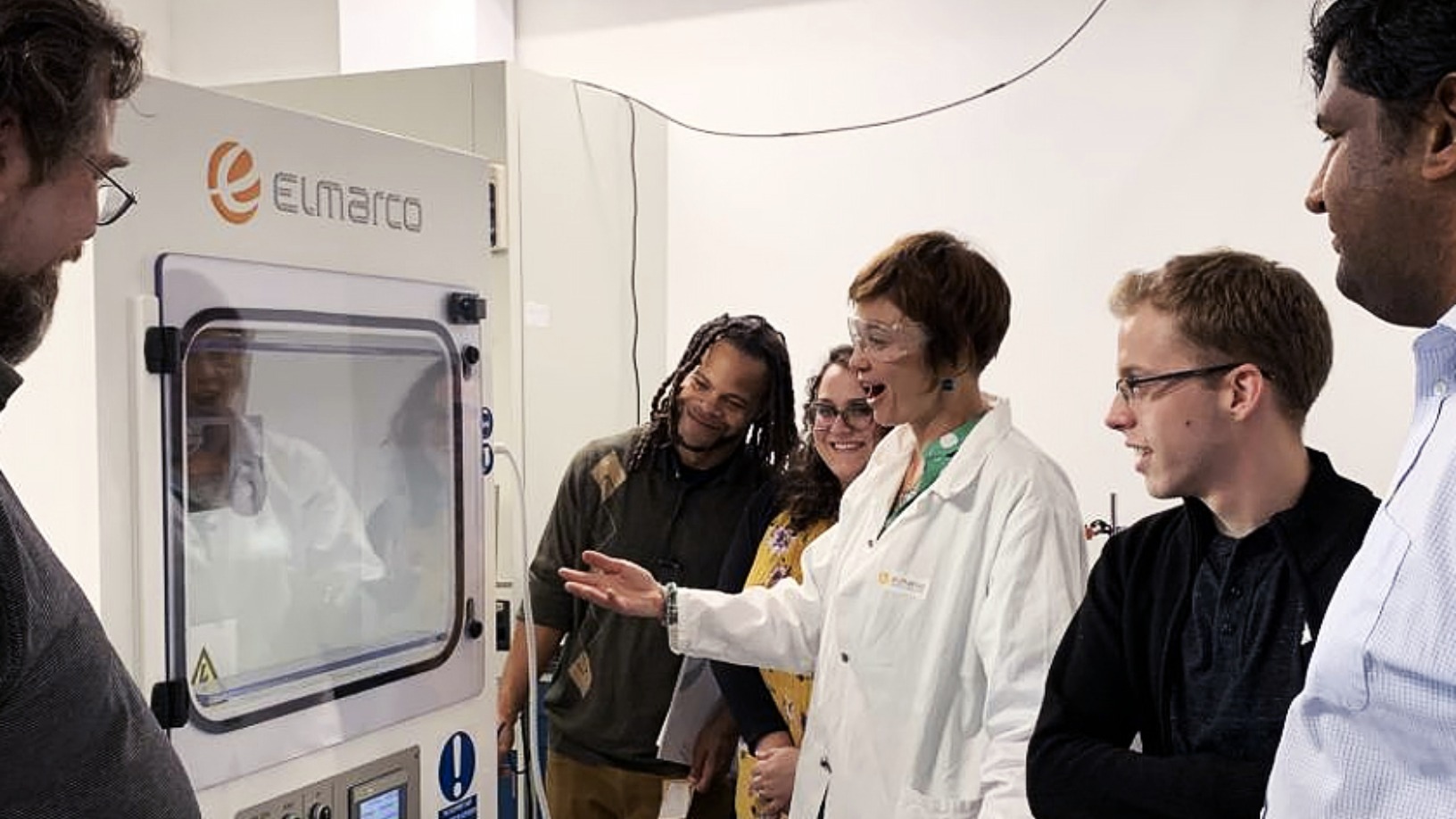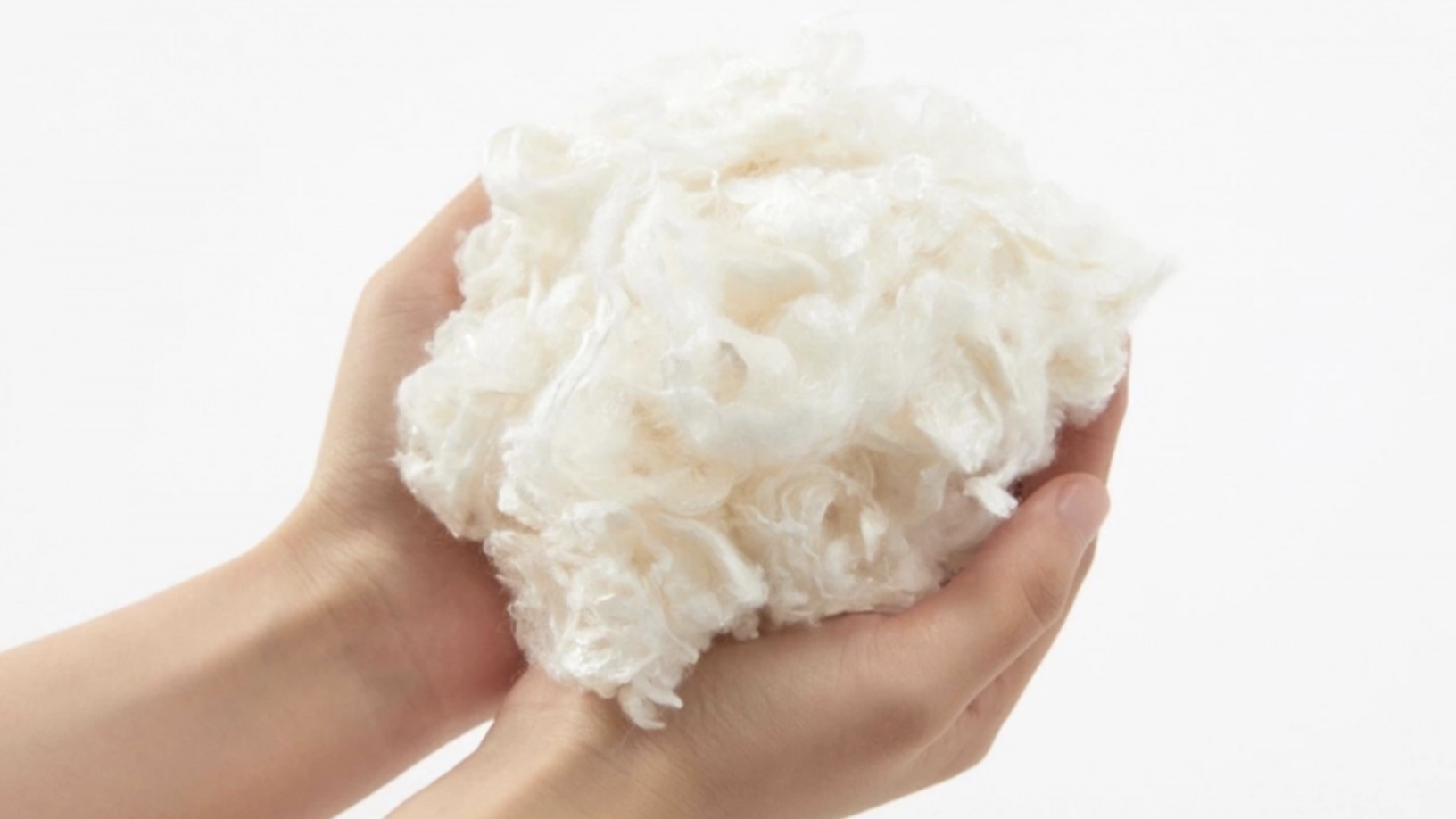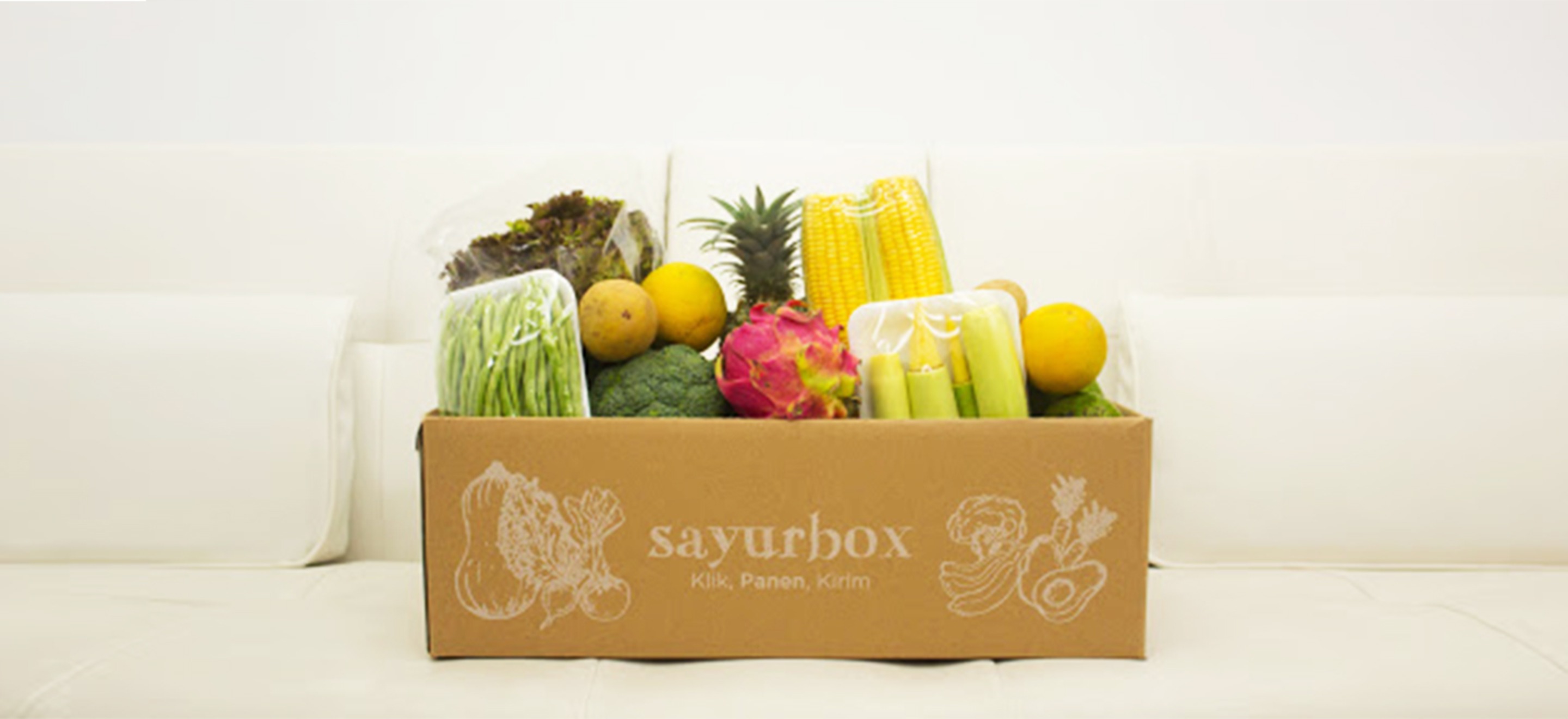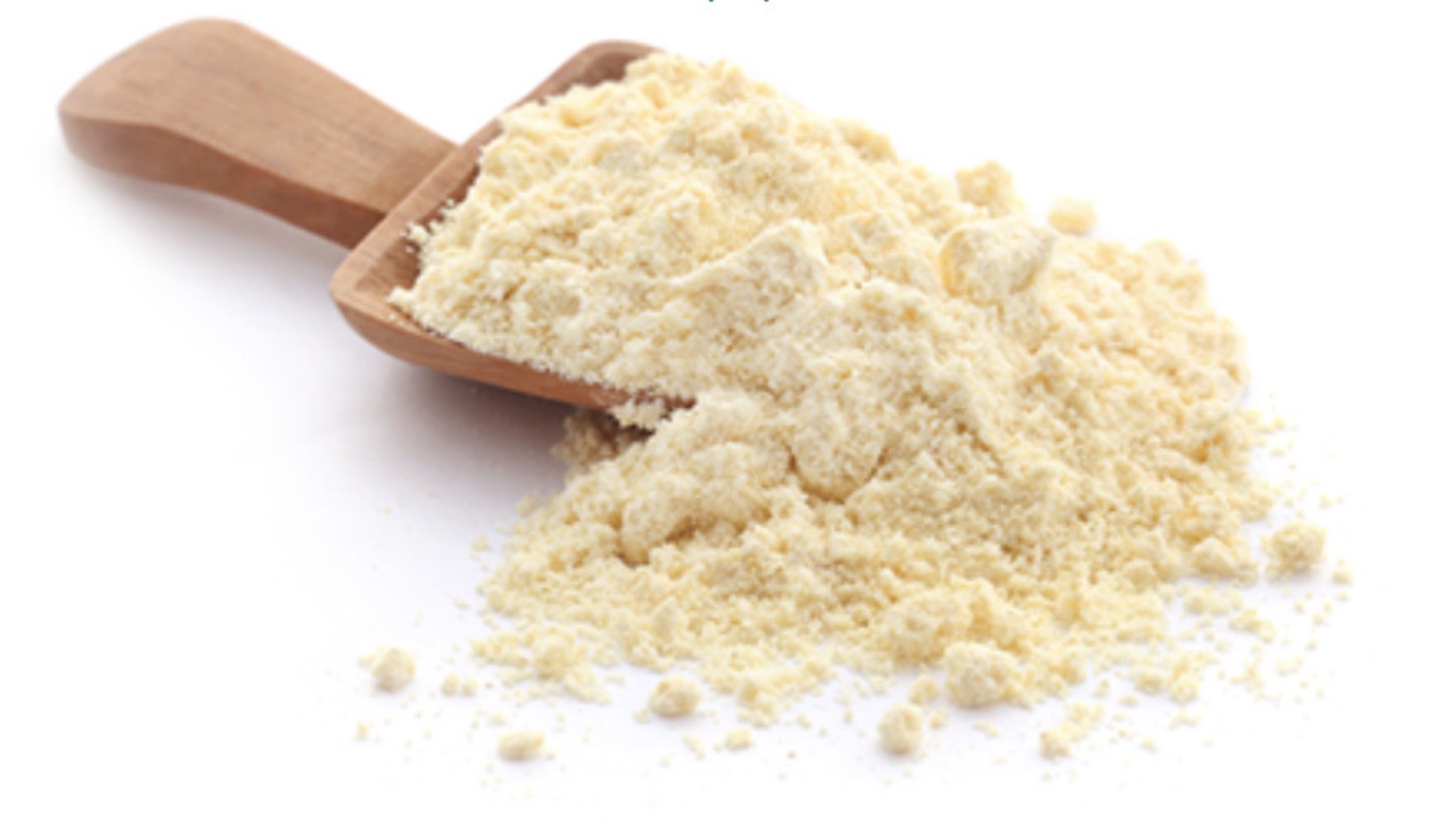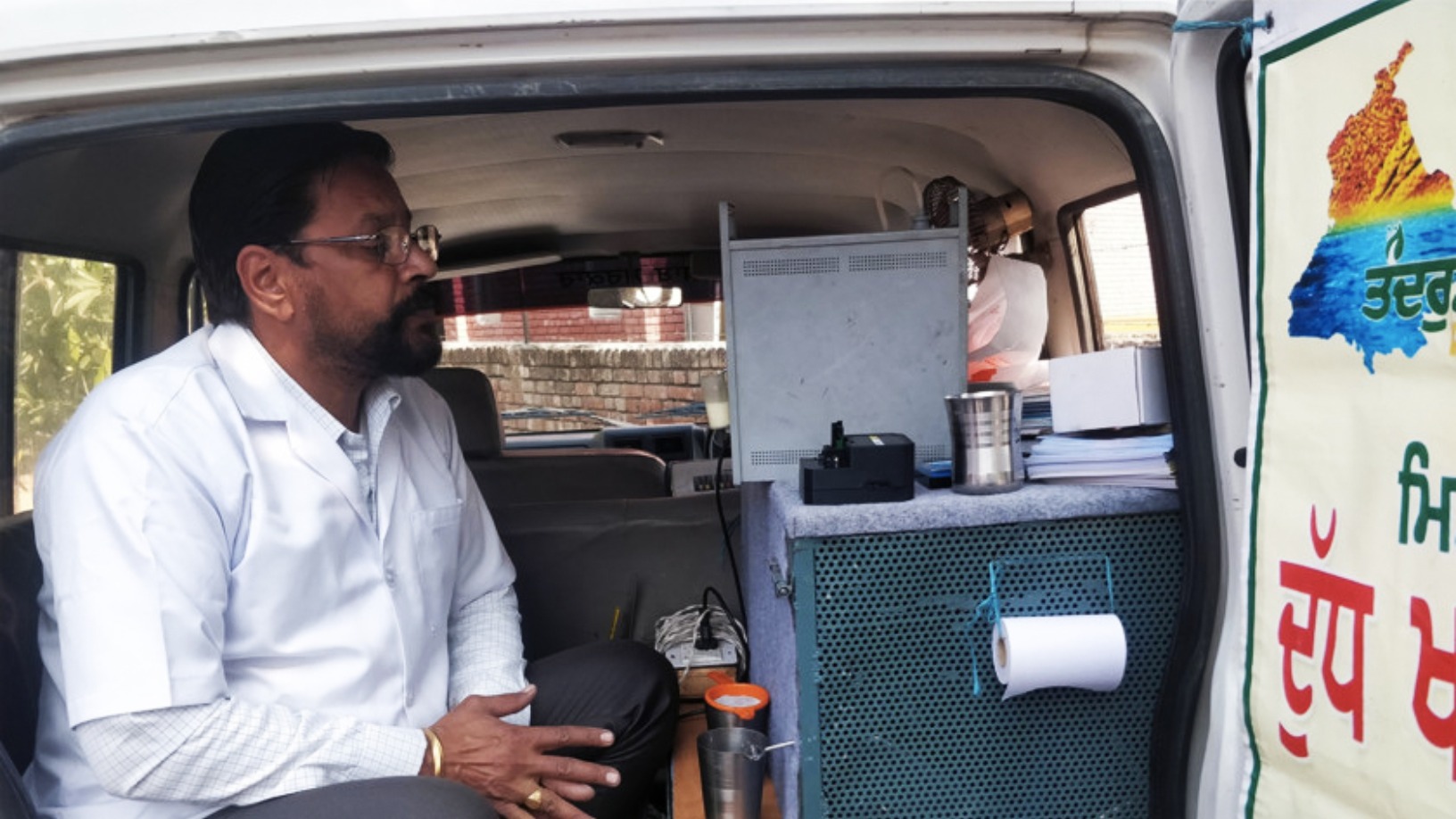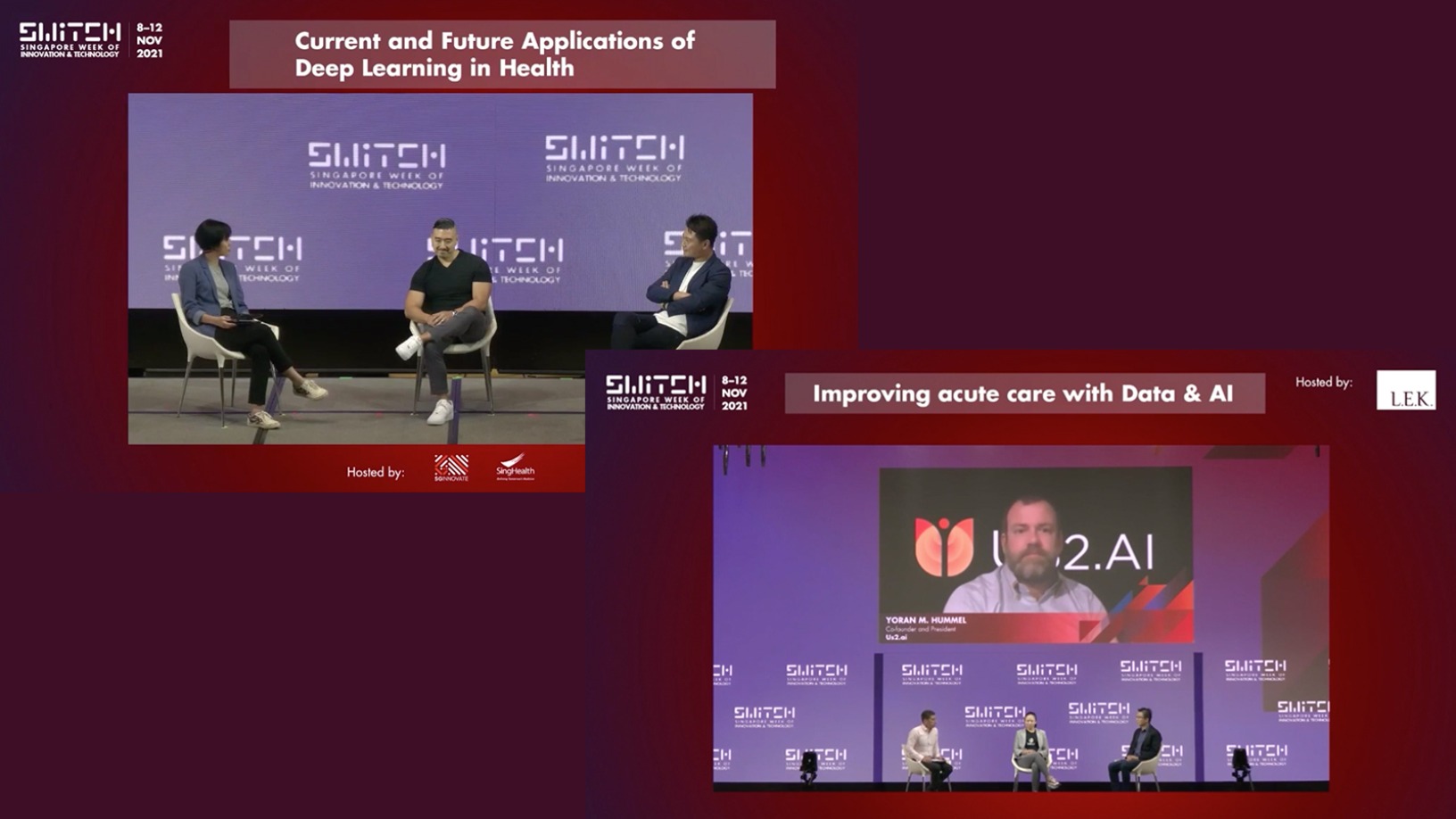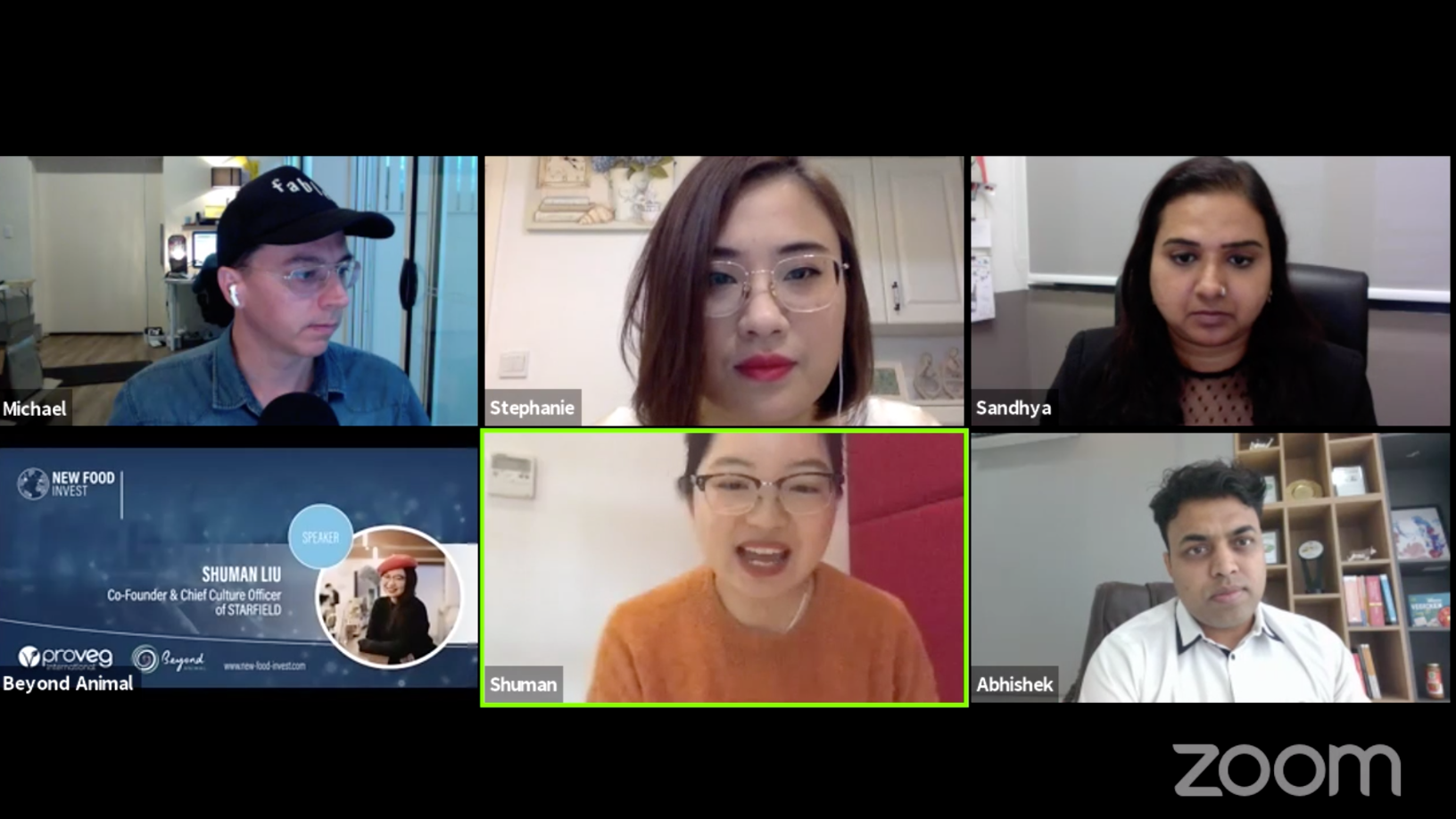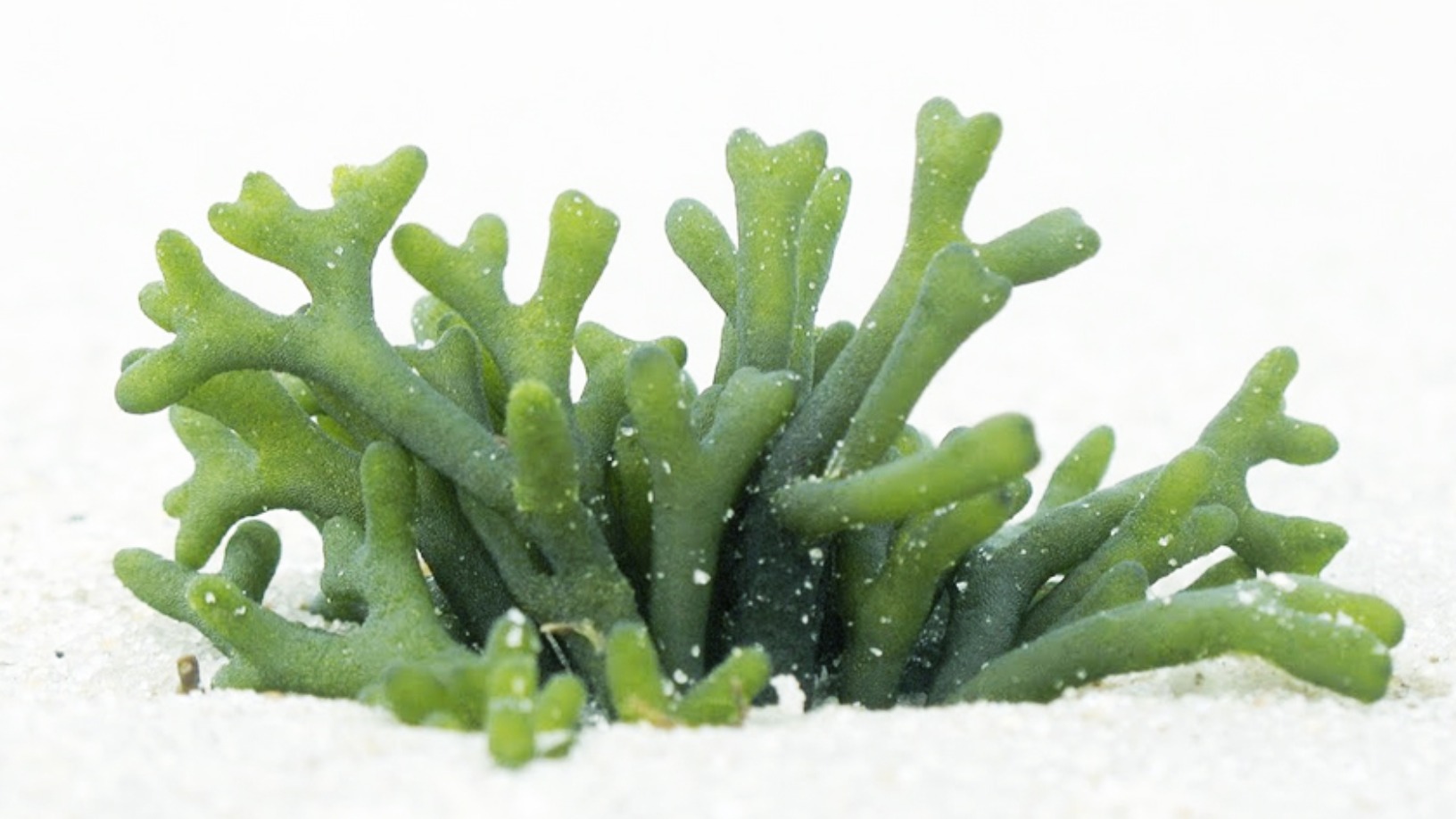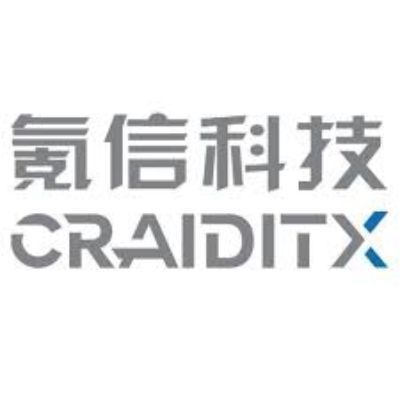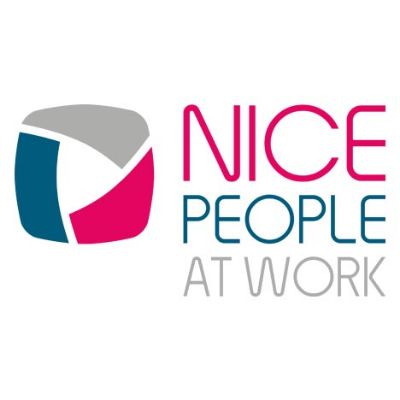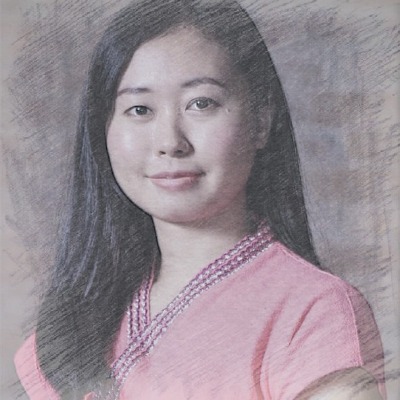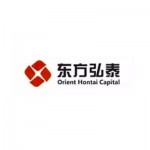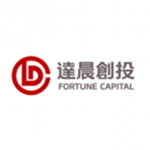Good Food Institute
-
DATABASE (332)
-
ARTICLES (470)
CEO and co-founder of HumanITcare
Núria Pastor is the CEO and co-founder of HumanITcare, a telemedicine platform for remote patient monitoring using real-world data and AI to treat patients affected by chronic diseases and also to accelerate drug development and clinical trials. Under the helm of Pastor the startup has doubled its user base and is poised to become a leading player in digital health. Pastor holds a bachelor’s in psychology from the University of Barcelona and a Masters in Research in neuroscience from the Autonomous University of Barcelona. Prior to HumanITcare, she worked as a researcher at the Hospital del Mar Research Institute and the University of Barcelona. She has also worked as Business Analyst in EIT Health and has mentored at the European Commission.
Núria Pastor is the CEO and co-founder of HumanITcare, a telemedicine platform for remote patient monitoring using real-world data and AI to treat patients affected by chronic diseases and also to accelerate drug development and clinical trials. Under the helm of Pastor the startup has doubled its user base and is poised to become a leading player in digital health. Pastor holds a bachelor’s in psychology from the University of Barcelona and a Masters in Research in neuroscience from the Autonomous University of Barcelona. Prior to HumanITcare, she worked as a researcher at the Hospital del Mar Research Institute and the University of Barcelona. She has also worked as Business Analyst in EIT Health and has mentored at the European Commission.
Co-founder, CCO of Cocuus
Patxi Larumbe is the Spanish CCO and co-founder at 3D printing food tech and cell-based meat startup Cocuus, where he has worked since he co-founded it in 2017. Before Cocuus, Larumbe founded and directed eight other companies, the majority, like Cocuus, also based in Pamplona, Navarre. During his extensive entrepreneurial career, Larumbe had experience with design and manufacturing in 3D processes, which he used to innovate in Cocuus. Before Cocuus, he was a director at his building materials distribution company, On Clima, for two years, which was preceded by a two-year stint heading up Tohama, an IoT tech developer for Somfy products. Prior to that, he was commercial director for 20 years at building services company Terradisa and also founded its Catalonia offices.From 2000–2013, Larumbe was the founder and board member at Acustica Arquitectonica, an acoustic architectural design company and from 1995–2005, he had the same responsibilities at his hospitality company, Ostatu Zaharra. Other companies he founded were were Render (1990–96), Netcorp Factory (1996–2000) and No Solo Futbol ("Not Just Soccer") (2000–2004). Larumbe studied electronics at first degree level in Pamplona.
Patxi Larumbe is the Spanish CCO and co-founder at 3D printing food tech and cell-based meat startup Cocuus, where he has worked since he co-founded it in 2017. Before Cocuus, Larumbe founded and directed eight other companies, the majority, like Cocuus, also based in Pamplona, Navarre. During his extensive entrepreneurial career, Larumbe had experience with design and manufacturing in 3D processes, which he used to innovate in Cocuus. Before Cocuus, he was a director at his building materials distribution company, On Clima, for two years, which was preceded by a two-year stint heading up Tohama, an IoT tech developer for Somfy products. Prior to that, he was commercial director for 20 years at building services company Terradisa and also founded its Catalonia offices.From 2000–2013, Larumbe was the founder and board member at Acustica Arquitectonica, an acoustic architectural design company and from 1995–2005, he had the same responsibilities at his hospitality company, Ostatu Zaharra. Other companies he founded were were Render (1990–96), Netcorp Factory (1996–2000) and No Solo Futbol ("Not Just Soccer") (2000–2004). Larumbe studied electronics at first degree level in Pamplona.
Co-founder, COO of Cocuus
Daniel Rico Aldaz is the Spanish COO and co-founder at 3D printing food tech and cell-based meat startup Cocuus, where he has worked since he co-founded it in 2017. Before Cocuus, Rico founded an industrial design company, Rico Ingenio, which was established in 2009, where he continues to be a founding partner.His last full-time position before Cocuus was at systems automation company Kaizen for less than a year, where he headed up the technical office. Prior to that, Rico briefly led the computer-to-plate (CTP) and quality control departments at printers Estellaprint. For 15 years, until 2016, Rico was founder at his own industrial design company El Seis Y El Cuatro.Rico’s varied career has also seen him as head designer of children's parks and gyms at Mader Play, as an IT teacher at a worker’s foundation and as both a graphic and an artistic designer in two communication agencies and a lighting company. During his career, Rico has had experience with design and manufacturing in 3D processes, which he used to innovate in Cocuus. Rico did not attend university. He studied music and design at high school.
Daniel Rico Aldaz is the Spanish COO and co-founder at 3D printing food tech and cell-based meat startup Cocuus, where he has worked since he co-founded it in 2017. Before Cocuus, Rico founded an industrial design company, Rico Ingenio, which was established in 2009, where he continues to be a founding partner.His last full-time position before Cocuus was at systems automation company Kaizen for less than a year, where he headed up the technical office. Prior to that, Rico briefly led the computer-to-plate (CTP) and quality control departments at printers Estellaprint. For 15 years, until 2016, Rico was founder at his own industrial design company El Seis Y El Cuatro.Rico’s varied career has also seen him as head designer of children's parks and gyms at Mader Play, as an IT teacher at a worker’s foundation and as both a graphic and an artistic designer in two communication agencies and a lighting company. During his career, Rico has had experience with design and manufacturing in 3D processes, which he used to innovate in Cocuus. Rico did not attend university. He studied music and design at high school.
Co-founder, CTO of Meatable
Daan Luining is the Dutch co-founder and CTO at cell-based meat startup Meatable, the first to claim a highly scalable culture technology, where he has worked since 2018. He is also a research director at the Cellular Agriculture Society in Leiden, a joint initiative for cell-based startups to share knowledge and to collaborate on projects to further scale the sector. Luining is also on the board of directors at the not-for-profit Cultured Meat Foundation that promotes sector innovation. His past posts have all been in the area of research, either as a researcher or a technician, and at the same time as completing studies. His last job was as a research strategist at New York-based New Harvest, a callular food rsearch funding body, where he worked for a year and met Dr. Kotter, the inventor of Meatable’s cellular technology. His research positions from 2009–15 were in the area of cell culture, mass spectrometry and DNA sequencing at the Maastricht University, University Medical Center Amsterdam, Utrecht University and Leiden University. Luining holds a master’s in biological sciences from Leiden University in the Netherlands.
Daan Luining is the Dutch co-founder and CTO at cell-based meat startup Meatable, the first to claim a highly scalable culture technology, where he has worked since 2018. He is also a research director at the Cellular Agriculture Society in Leiden, a joint initiative for cell-based startups to share knowledge and to collaborate on projects to further scale the sector. Luining is also on the board of directors at the not-for-profit Cultured Meat Foundation that promotes sector innovation. His past posts have all been in the area of research, either as a researcher or a technician, and at the same time as completing studies. His last job was as a research strategist at New York-based New Harvest, a callular food rsearch funding body, where he worked for a year and met Dr. Kotter, the inventor of Meatable’s cellular technology. His research positions from 2009–15 were in the area of cell culture, mass spectrometry and DNA sequencing at the Maastricht University, University Medical Center Amsterdam, Utrecht University and Leiden University. Luining holds a master’s in biological sciences from Leiden University in the Netherlands.
COO and co-founder of OLIO
Saasha Celestial-One is the American-born COO and co-founder of zero food waste app OLIO. Celestial-One, a name chosen by her hippy parents in rural Iowa, went on to work as an analyst at Morgan Stanley after graduating in economics at the University of Chicago in 1998. She started an MBA program at Stanford University Graduate School of Business in 2002 where she met OLIO’s British co-founder Tessa Clarke.The American banker joined McKinsey & Co in 2003 as an associate in New York and managed to get a transfer to work at McKinsey in London in 2005 when her boyfriend went to study at Cambridge University in England. In 2007, she became VP of business development for American Express. She left Amex in June 2013 and co-founded My Crèche in London as CEO of the pay-as-you-go childcare service. Both OLIO co-founders were mums with young children in North London when they decided to pool together their savings to develop the OLIO app in 2015.
Saasha Celestial-One is the American-born COO and co-founder of zero food waste app OLIO. Celestial-One, a name chosen by her hippy parents in rural Iowa, went on to work as an analyst at Morgan Stanley after graduating in economics at the University of Chicago in 1998. She started an MBA program at Stanford University Graduate School of Business in 2002 where she met OLIO’s British co-founder Tessa Clarke.The American banker joined McKinsey & Co in 2003 as an associate in New York and managed to get a transfer to work at McKinsey in London in 2005 when her boyfriend went to study at Cambridge University in England. In 2007, she became VP of business development for American Express. She left Amex in June 2013 and co-founded My Crèche in London as CEO of the pay-as-you-go childcare service. Both OLIO co-founders were mums with young children in North London when they decided to pool together their savings to develop the OLIO app in 2015.
The British F1 racing driver and five-time FIA Formula One World Champion Lewis Hamilton has started to promote veganism and sustainable lifestyles, investing in several technology startups that develop solutions in that field.In 2019 he launched Neat Meat, the British vegan fast casual chain, in collaboration with The Cream Group, UNICEF Ambassadors and early investor in Beyond Meat Tommaso Chiabra. More recently he participated in a Series D funding round backing NotCo, the first Chilean unicorn selling plant-based food and beverage products across Latin America and the US.Hamilton is actively fighting to promote sustainable and eco-friendly practices across industries. In 2019 he also pushed Mercedes-Benz to discuss the possibility of including animal-free interiors in their cars. On that he said: I want to be part of a system that is going to help heal the world and do something positive for the future.”
The British F1 racing driver and five-time FIA Formula One World Champion Lewis Hamilton has started to promote veganism and sustainable lifestyles, investing in several technology startups that develop solutions in that field.In 2019 he launched Neat Meat, the British vegan fast casual chain, in collaboration with The Cream Group, UNICEF Ambassadors and early investor in Beyond Meat Tommaso Chiabra. More recently he participated in a Series D funding round backing NotCo, the first Chilean unicorn selling plant-based food and beverage products across Latin America and the US.Hamilton is actively fighting to promote sustainable and eco-friendly practices across industries. In 2019 he also pushed Mercedes-Benz to discuss the possibility of including animal-free interiors in their cars. On that he said: I want to be part of a system that is going to help heal the world and do something positive for the future.”
Roger Federer, the Swiss 20-times Grand Slam tennis champion, has turned into an angel investor while planning his professional life beyond and after his tennis sports career.In 2019, he invested in On, the Swiss running shoe manufacturer for an undisclosed funding amount. Federer currently has no formal role in the company but he’s actively involved in its R&D and product development. “I feel like I can give input on any of the lines, the shoes, anything moving forward. I can give my opinion on anything and On can either take it or leave it. I feel like [with] a major brand like Nike, that's literally impossible. It just wouldn't work,” he has said.More recently, Federer participated in a Series D funding round backing the first Chilean unicorn NotCo, which sells plant-based food and beverage products across Latin America and the US.
Roger Federer, the Swiss 20-times Grand Slam tennis champion, has turned into an angel investor while planning his professional life beyond and after his tennis sports career.In 2019, he invested in On, the Swiss running shoe manufacturer for an undisclosed funding amount. Federer currently has no formal role in the company but he’s actively involved in its R&D and product development. “I feel like I can give input on any of the lines, the shoes, anything moving forward. I can give my opinion on anything and On can either take it or leave it. I feel like [with] a major brand like Nike, that's literally impossible. It just wouldn't work,” he has said.More recently, Federer participated in a Series D funding round backing the first Chilean unicorn NotCo, which sells plant-based food and beverage products across Latin America and the US.
Co-founder, Advisor of Alias Robotics
Victor Mayoral Vilches is a co-founder and advisor at Alias Robotics in Spain. He also works as CEO at Acutronic Robotics, a branch of the Swiss company where he was also CTO. Together with his brother, he co-founded Erle Robotics in 2012 and became its MD and CTO. Erle was sold to Acutronic Robotics in 2016 for €4million.He has a PhD in Bio-Robotics from the Italian Institute of Technology in Tuscany and a Computer Science degree from King Juan Carlos University, Madrid. A member of the Spanish National Robotics Committee, Victor Vilches is experienced in robotics and AI.
Victor Mayoral Vilches is a co-founder and advisor at Alias Robotics in Spain. He also works as CEO at Acutronic Robotics, a branch of the Swiss company where he was also CTO. Together with his brother, he co-founded Erle Robotics in 2012 and became its MD and CTO. Erle was sold to Acutronic Robotics in 2016 for €4million.He has a PhD in Bio-Robotics from the Italian Institute of Technology in Tuscany and a Computer Science degree from King Juan Carlos University, Madrid. A member of the Spanish National Robotics Committee, Victor Vilches is experienced in robotics and AI.
COO and co-founder of Capaball
Jose Luis Vega de Seoane graduated in 2012 as a software engineer from the Complutense University of Madrid. He has also completed a global management program at IESE Business School.In 2013, he co-founded video games developer Upplication as CEO. The mobile app maker was sold in 2017 to Mobusi, a leading digital marketing company. He left Upplication in 2018 and became a digital strategy advisor at the Spanish Institute for Foreign Trade (ICEX).In 2018, he co-founded Capaball as COO. He is also a mentor at Conector Startup accelerator and a board member of IBECOSOL. In 2020, the serial entrepreneur has founded two new startups: Heris, a platform to cure patients affected by aphasia and a digital marketing agency Trevol.
Jose Luis Vega de Seoane graduated in 2012 as a software engineer from the Complutense University of Madrid. He has also completed a global management program at IESE Business School.In 2013, he co-founded video games developer Upplication as CEO. The mobile app maker was sold in 2017 to Mobusi, a leading digital marketing company. He left Upplication in 2018 and became a digital strategy advisor at the Spanish Institute for Foreign Trade (ICEX).In 2018, he co-founded Capaball as COO. He is also a mentor at Conector Startup accelerator and a board member of IBECOSOL. In 2020, the serial entrepreneur has founded two new startups: Heris, a platform to cure patients affected by aphasia and a digital marketing agency Trevol.
Co-founder, CEO of Visualfy
Manel Alcaide Dias is the Spanish CEO and co-founder of Visualfy, the first hardware and app employing AI-enhanced sound recognition for the autonomy of the deaf, where he has worked since 2017. Prior to this, he was co-founder and co-manager at the startup’s forerunner, Valencia-based Fusió d'Arts Technology, a communications agency for the disabled from 2011 until its pivot into Visualfy. This agency itself was a pivot from Alcaide’s previous startup Asociacion Cultural Fusió d'Arts, an arts and culture-based association for the deaf, which he also co-led from its founding in 2009. From 2002–2011, Alcaide was also founder and manager of a co-operative pub. Alcaide studied Business Administration and Accounting at Laurona Institute of Professional Training near Valencia and is fluent in sign language.
Manel Alcaide Dias is the Spanish CEO and co-founder of Visualfy, the first hardware and app employing AI-enhanced sound recognition for the autonomy of the deaf, where he has worked since 2017. Prior to this, he was co-founder and co-manager at the startup’s forerunner, Valencia-based Fusió d'Arts Technology, a communications agency for the disabled from 2011 until its pivot into Visualfy. This agency itself was a pivot from Alcaide’s previous startup Asociacion Cultural Fusió d'Arts, an arts and culture-based association for the deaf, which he also co-led from its founding in 2009. From 2002–2011, Alcaide was also founder and manager of a co-operative pub. Alcaide studied Business Administration and Accounting at Laurona Institute of Professional Training near Valencia and is fluent in sign language.
CEO and Founder of Bailian.ai
Feng Shicong graduated from Peking University (PKU) in 2003 with a degree in Computer Science. He was a weighted member of the PKU Sky Network search engine program (the predecessor of Baidu) and has years of experience in the sectors of NLP, big data and information retrieval. Feng developed an acronym search and automatic disambiguation vertical search engine during his time at HP China Research Institute. He has more than 50 patents and over 20 papers published in academic journals such as TKDE and CIKM. Feng is a founding member of Miaozhen Systems and co-founder of MINING LAMP technology. Bailian.ai is his third company.
Feng Shicong graduated from Peking University (PKU) in 2003 with a degree in Computer Science. He was a weighted member of the PKU Sky Network search engine program (the predecessor of Baidu) and has years of experience in the sectors of NLP, big data and information retrieval. Feng developed an acronym search and automatic disambiguation vertical search engine during his time at HP China Research Institute. He has more than 50 patents and over 20 papers published in academic journals such as TKDE and CIKM. Feng is a founding member of Miaozhen Systems and co-founder of MINING LAMP technology. Bailian.ai is his third company.
CSO and co-founder of iLoF
Paula Sampaio is a biochemist who completed a PhD in biomedical sciences at the University of Porto in 1998. She worked as a postdoctoral research fellow at the IMBC INEB Associate Laboratory for four years. In 2002, she was promoted to the role of head of advanced light microscopy and stayed there until 2015. Sampaio is now the national coordinator for Portuguese bioimage platform PPBI and the head of advanced light microscopy at the Institute of Research and Innovation of the University of Porto (i3S).In November 2019, she joined iLoF as CSO and co-founder. iLoF gets technical support from i3S at the R&D center in Porto. The medtech startup focuses on personalized medicine through the use of AI and photonics to create optical fingerprints in a cloud-based library to gather and manages disease biomarkers and biological profiles.
Paula Sampaio is a biochemist who completed a PhD in biomedical sciences at the University of Porto in 1998. She worked as a postdoctoral research fellow at the IMBC INEB Associate Laboratory for four years. In 2002, she was promoted to the role of head of advanced light microscopy and stayed there until 2015. Sampaio is now the national coordinator for Portuguese bioimage platform PPBI and the head of advanced light microscopy at the Institute of Research and Innovation of the University of Porto (i3S).In November 2019, she joined iLoF as CSO and co-founder. iLoF gets technical support from i3S at the R&D center in Porto. The medtech startup focuses on personalized medicine through the use of AI and photonics to create optical fingerprints in a cloud-based library to gather and manages disease biomarkers and biological profiles.
Co-CEO and co-founder of Pula
Kenyan-born Thomas Njeru co-founded insurtech Pula in 2015 and became its co-CEO in June 2017. Providing insurance to smallholder farmers was a key objective for Njeru, who grew up in a small farming community.After his education at Mangu High School, Njeru went on to graduate in actuarial science at the University of Nairobi in 2009. He became a fellow of the Institute of Actuaries in December 2011. He also completed a CFA financial analysis qualification in 2015 and MBA from Strathmore Business School in 2018.He worked at UAP Insurance for almost four years before joining Deloitte in South Africa in 2012 as a consulting actuary. In 2014, he was promoted to become director of actuarial and insurance advisory. He left in 2018 to focus on his work at Pula as co-CEO.
Kenyan-born Thomas Njeru co-founded insurtech Pula in 2015 and became its co-CEO in June 2017. Providing insurance to smallholder farmers was a key objective for Njeru, who grew up in a small farming community.After his education at Mangu High School, Njeru went on to graduate in actuarial science at the University of Nairobi in 2009. He became a fellow of the Institute of Actuaries in December 2011. He also completed a CFA financial analysis qualification in 2015 and MBA from Strathmore Business School in 2018.He worked at UAP Insurance for almost four years before joining Deloitte in South Africa in 2012 as a consulting actuary. In 2014, he was promoted to become director of actuarial and insurance advisory. He left in 2018 to focus on his work at Pula as co-CEO.
Co-founder of Therapixal
Pierre Fillard is Chief Science Officer and co-founder of Therapixel, creator of AI-powered breast cancer screening and diagnosis software MammoScreen. At Therapixel, he previously held the positions of CEO and CTO. Before founding Therapixel, Fillard was a senior research scientist at INRIA (National Institute for Research in Digital Science and Technology), where he focused on medical imaging and image processing. He has also been a visiting lecturer at CPE Lyon, a research associate at the French Alternative Energies and Atomic Agencies Commission, a PhD candidate at INRIA, and a research assistant at the University of North Carolina. He has a diploma from the HEC School of Management, a master’s in science, mathematics and computer science from the Université Jean Monnet Saint-Etienne and a degree in engineering, computer science, and applied mathematics from the Ecole Supérieure de Chimie Physique Electronique de Lyon.
Pierre Fillard is Chief Science Officer and co-founder of Therapixel, creator of AI-powered breast cancer screening and diagnosis software MammoScreen. At Therapixel, he previously held the positions of CEO and CTO. Before founding Therapixel, Fillard was a senior research scientist at INRIA (National Institute for Research in Digital Science and Technology), where he focused on medical imaging and image processing. He has also been a visiting lecturer at CPE Lyon, a research associate at the French Alternative Energies and Atomic Agencies Commission, a PhD candidate at INRIA, and a research assistant at the University of North Carolina. He has a diploma from the HEC School of Management, a master’s in science, mathematics and computer science from the Université Jean Monnet Saint-Etienne and a degree in engineering, computer science, and applied mathematics from the Ecole Supérieure de Chimie Physique Electronique de Lyon.
Portuguese state investment company PME Investimentos is the country's most prolific tech investor. Founded in 1989 as a joint stock company, SULPEDIP was under the supervision of the Bank of Portugal and changed its name to PME in 1998. The main aim is to help local SMEs to access funding and financial management services to develop and expand internationally. PME has invested in hundreds of startups, both tech and non-tech focused, across market verticals. It also manages several funds, including 200M that was launched in 2016 to focus on investments in Portugal-based startups. The co-investment fund of €200m prioritizes startups based in the Northern, Central, Alentejo, Lisbon and Algarve regions. The fund matches up to 100% of the private investors’ commitment, subject to a minimum investment of €500,000 and a maximum of €5m. Recent investments include petfood e-commerce Barkyn's €1.1m seed round, €4.2m Series A of made-to-order designer Platforme and a €650,000 contribution in the second phase of healthy food service EatTasty's €1.75m seed round.
Portuguese state investment company PME Investimentos is the country's most prolific tech investor. Founded in 1989 as a joint stock company, SULPEDIP was under the supervision of the Bank of Portugal and changed its name to PME in 1998. The main aim is to help local SMEs to access funding and financial management services to develop and expand internationally. PME has invested in hundreds of startups, both tech and non-tech focused, across market verticals. It also manages several funds, including 200M that was launched in 2016 to focus on investments in Portugal-based startups. The co-investment fund of €200m prioritizes startups based in the Northern, Central, Alentejo, Lisbon and Algarve regions. The fund matches up to 100% of the private investors’ commitment, subject to a minimum investment of €500,000 and a maximum of €5m. Recent investments include petfood e-commerce Barkyn's €1.1m seed round, €4.2m Series A of made-to-order designer Platforme and a €650,000 contribution in the second phase of healthy food service EatTasty's €1.75m seed round.
Dao Foods: Grooming and betting on China's rising alternative protein startups
How can businesses involve Chinese consumers in the environmental cause, even if it isn’t a priority for them? For that, the impact investor-incubator Dao Foods has got its philosophy-led strategy figured out
Big Idea Ventures Founder Andrew D Ive: Asia will lead cell-based meat innovation
In a wide-ranging interview, the managing general partner of the US- and Singapore-based foodtech investor also expounds on his goal to extend sustainability to the rest of the food sector, combining good returns with doing good
Meatable joins Royal DSM to create growth media specific for cell-based meat tech
The R&D between the biotech startup and fellow Dutch nutrition conglomerate could help scale and drive the commercial viability of lab-grown meat
Plant-based eggs: The next big thing in the alternative protein market
Plant-based eggs may be the fastest growing segment in plant-based foods, but hacking the formula for a perfect egg substitute is proving a hurdle. Are alt-protein startups up for the challenge?
Future Food Asia 2021: Agrifood tech at an inflection point
Agrifood tech startups urged to harness consumer, investor and government feedback to create plentiful, nutritious food through sustainable means, but exercise caution when considering IPOs
Good Startup: Alt-protein products can be better than real meat
The investor of Eat Just, Ripple Foods and more expects its portfolio companies will exit in the next four to six years, mostly through acquisition
Early Charm Ventures: Taking research from the labs to the real world
Instead of investing money, the venture studio gets hands-on, co-running companies with top scientists and their cutting-edge research
Neurafarm: Putting an AI plant doctor in farmers' hands
This startup is riding on Indonesia’s urban farming trend with its planting kit and an AI-powered app that identifies plant diseases from photos of unhealthy leaves
Mi Terro turns milk waste into eco-friendly clothing and packaging
With food giants like Danone, Arla and Dole as partners, US-Sino startup Mi Terro plans to extend its technology to plant-based food waste like soy to get plastic and fiber alternatives
Indonesian online basic food startups like Sayurbox and Wahyoo have had as much as a fivefold jump in orders and are working to sustain strong sales post-social distancing
Sophie's Bionutrients: Alternative protein from microalgae
Inspired by fish in the ocean, the startup developed microalgae-based flour that can take on unlimited forms, textures or colors to make almost any alt protein product
AgNext seeks less food loss, fairer prices for farmers with food quality analysis tech
Taking computer vision and chemical analysis to the fields for quick crop quality checks, Punjab-based AgNext eyes Asian expansion, and insurtech, fintech opportunities
SWITCH Singapore 2021: Benefits and challenges of AI applications in healthcare
Medical experts and healthcare startups agree AI can contribute more to healthcare beyond improving diagnosis and personalized treatment, but hurdles still remain
New Food Invest: Growing an alternative protein business in Asia
With more than 4bn people, Asia presents unique opportunities and challenges to alternative protein startups. Four leading entrepreneurs shared their experiences at the recent New Food Invest conference
Futuralga: Circular economy model to turn seaweed into biodegradable plastic alternative
A Cádiz-based young startup is winning accolades for its eco-friendly bioplastic made from seaweed washed ashore
Sorry, we couldn’t find any matches for“Good Food Institute”.
